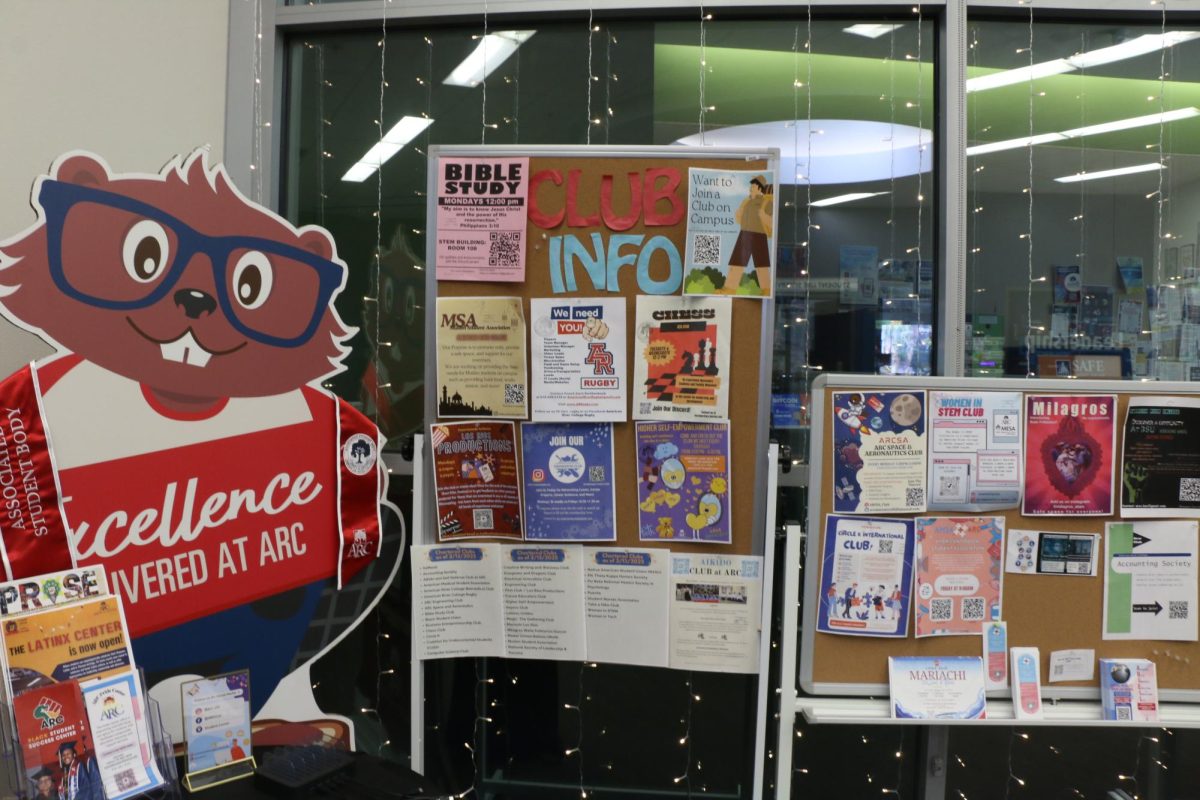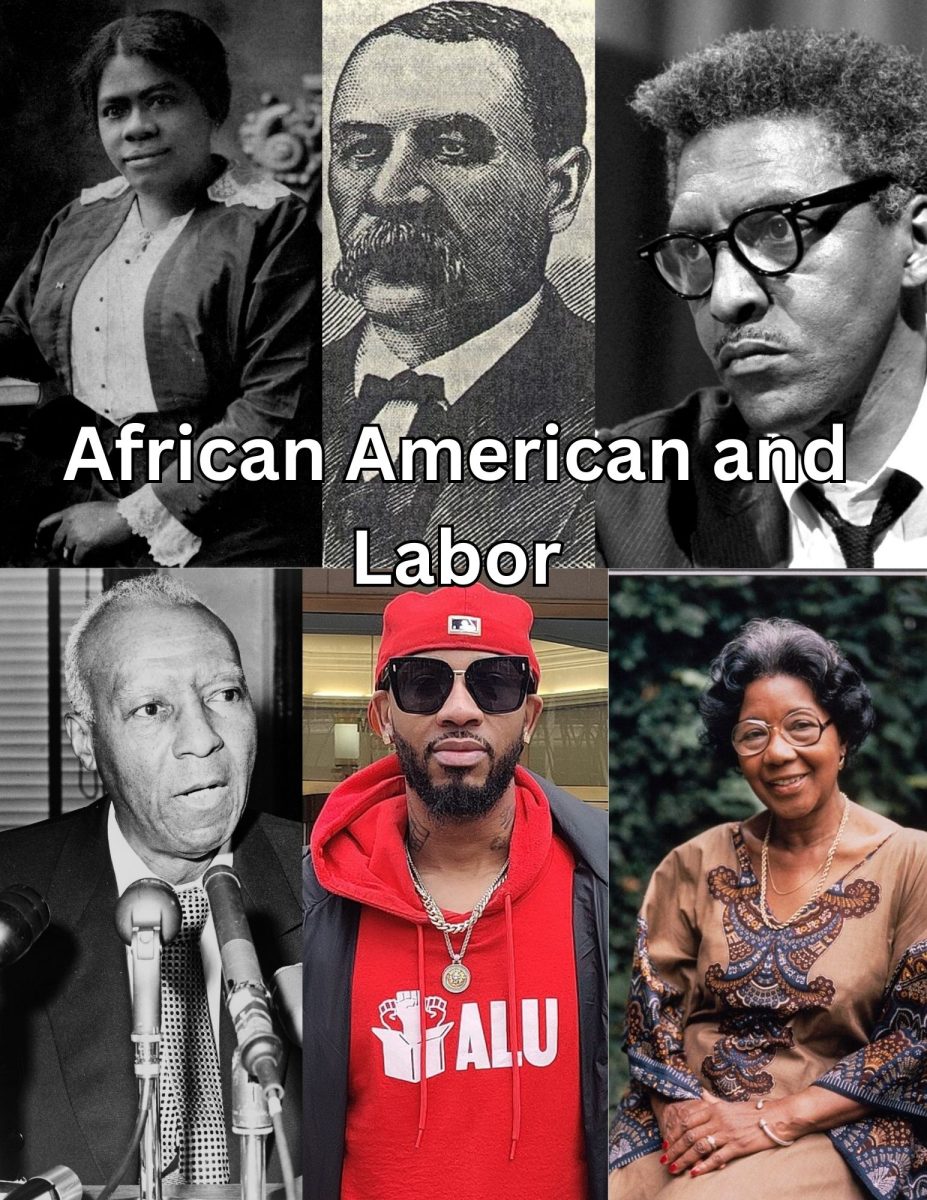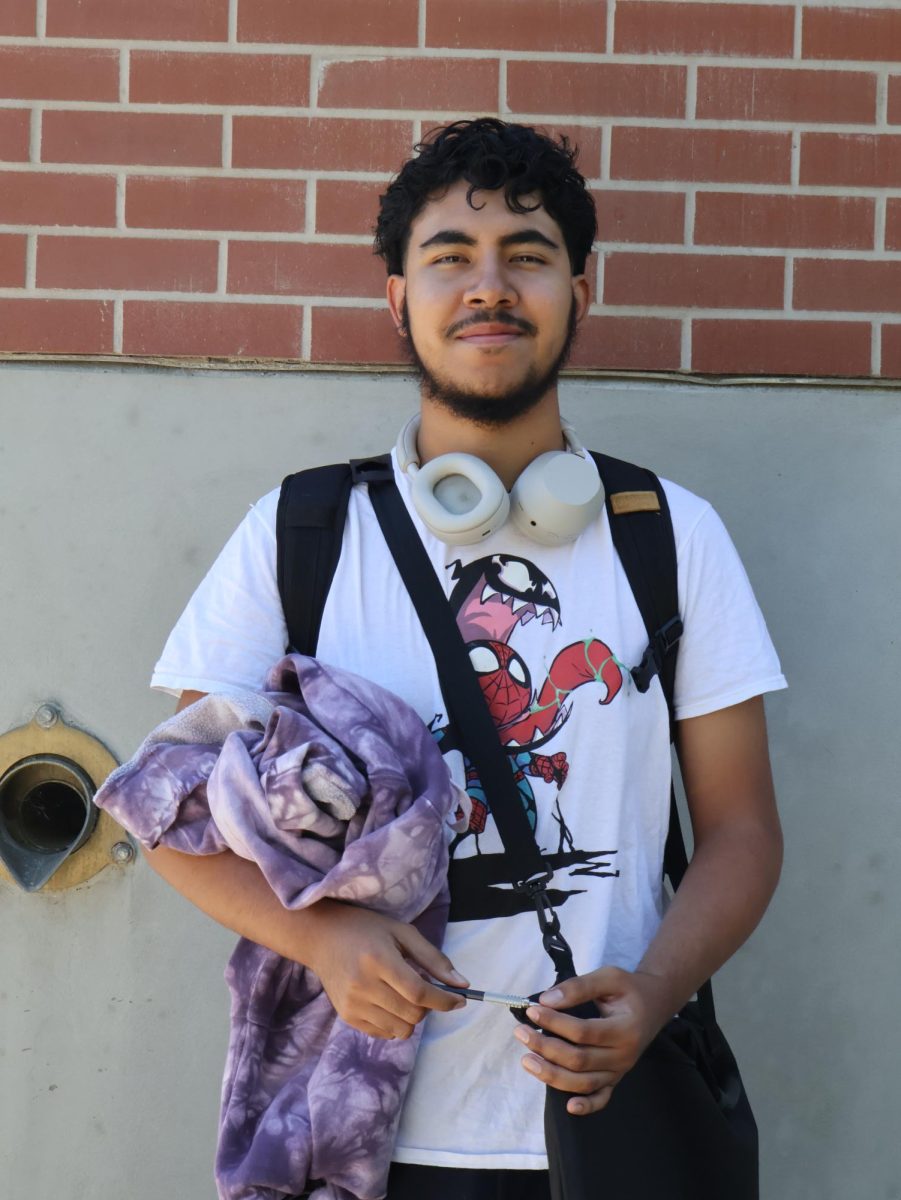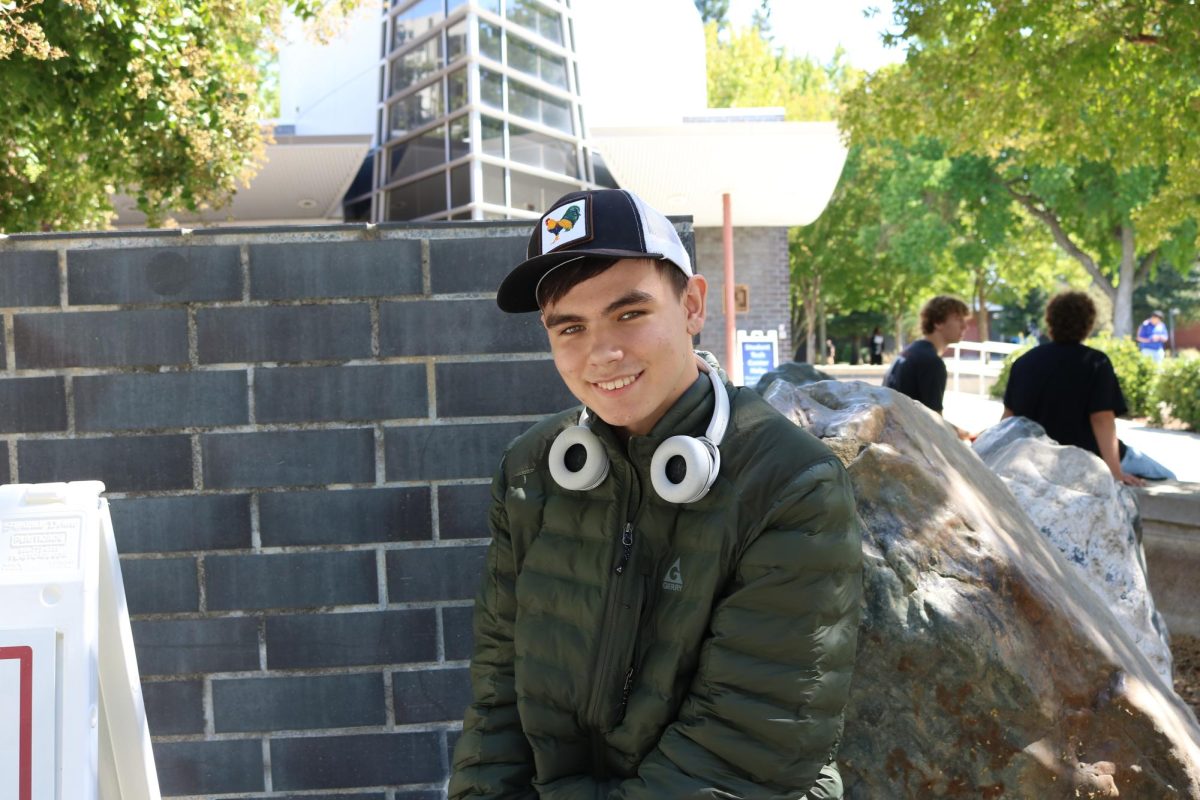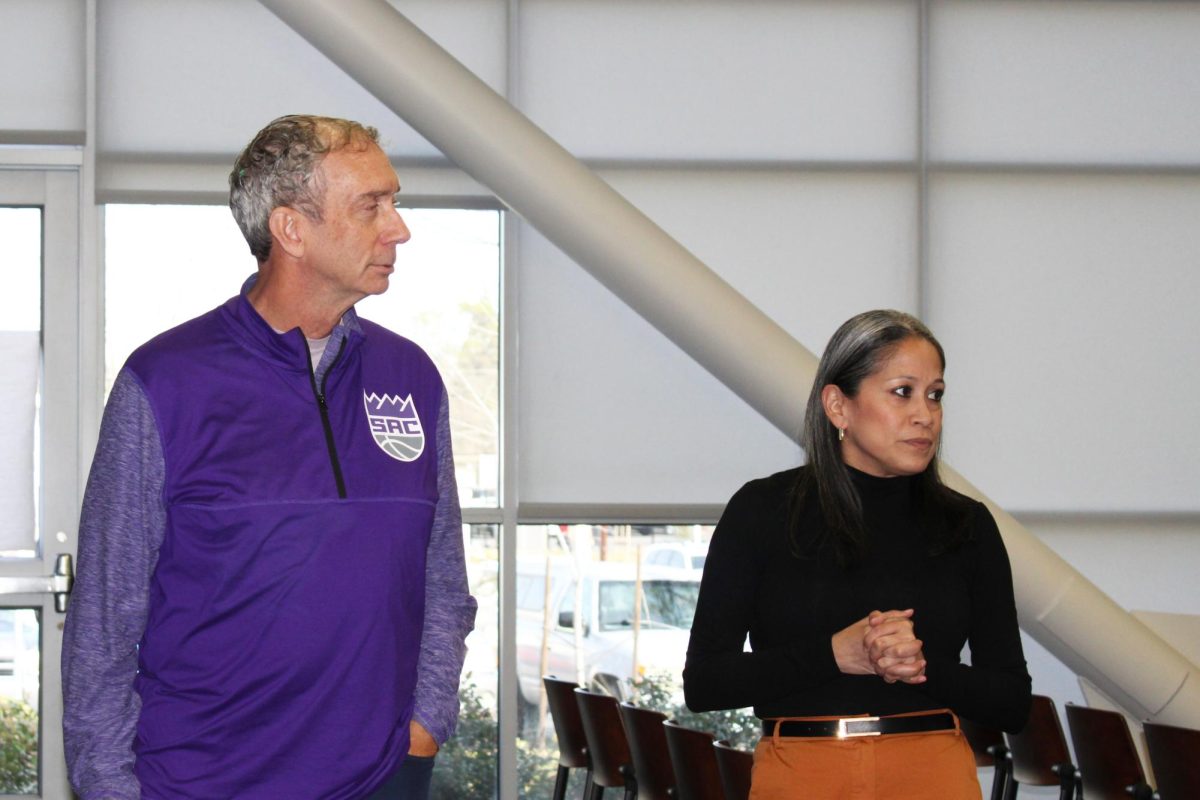Domestic violence against Native American women will be the topic of discussion at today’s college hour in Raef Hall 160 from 12:15 p.m. to 1:15 p.m
Dayna Barrios, a Native American woman and graduate student in the anthropology department at Sacramento State, will be speaking at the event.
“Violence against Native women is extremely high,” said Barrios. “it is a societal problem that affects many communities across the United States.”
According to the amended Tribal Law and Order Act of 2010, which helps to deal with crime within tribal communities by increasing tribes’ authority to prosecute and punish criminals, “34 percent of American Indian and Alaska Native women will be raped in their lifetimes and 39 percent of American Indian and Alaska Native women will be subject to domestic violence.”
Barrios went on to say that this issue is even more important to her because of her Native American background and should be covered more in the media.
“Native peoples in the United States are often times invisible to the masses, though the media is beginning to cover the topic of domestic abuse due to high profile cases, like we see in the NFL…Native women are left out of this conversation,” said Barrios.
History, English and psychology major Kimberly Christian agrees with Barrios about the underrepresentation of Native women in the media and society.
“Anything that involves current Native tribes is important for us to know about…Native peoples are very much under discussed,” said Christian.
Since the first contact with Europeans Native peoples have had to fight to keep the lands, resources, cultures and traditions they cultivated and cherished.
In many Native cultures, women are seen as the people responsible for carrying on the tribes traditions and values – the “glue that holds the community together” according to Barrios – who pass down oral histories to the next generation, and if these women are abused or murdered as a result of domestic violence many tribal societies can be affected.
While help such as the TLOA, the Violence Against Women Reauthorization Act 2013 – which “recognizes tribes’ inherent power to exercise ‘special domestic violence criminal jurisdiction’ (SDVCJ) over certain defendants, regardless of their Indian or non-Indian status, who commit acts of domestic or dating violence or violate certain protection orders in Indian country” – and various other programs offer some help to Native women, Barrios feels that the United States “needs to do better.”
Horticulture major Mark Shaffer is curious as to what he can learn from Barrios’s presentation that could allow him to help spread awareness about this topic.
“What can I learn from this that can help me in my everyday desire for peace? I would be interested in anything I could do to prevent these things from continuing, unchallenged,” said Shaffer.
In her presentation, Barrios will focus on the Ventureño Chumash and the Diné, better known as the Navajo, tribes as well as a few others for specific examples, however she made it a point to say that because the issue of domestic violence affects all Native nations in the US and Canada she will be speaking generally.
Barrios will also include in her discussion Native Americans who live outside of the reservations in urban areas.
“It is time for this society to step up and demand that every person, no matter
their sex, gender, ethnicity, religion, or socioeconomic status have equal rights, including
having the ability to live free from fear of being assaulted..this is an issue that should be
important to everyone, the more people that help, the more we can accomplish,” said Barrios.
Added Barrios, “If we want change, we have to get out there and create it ourselves.”


